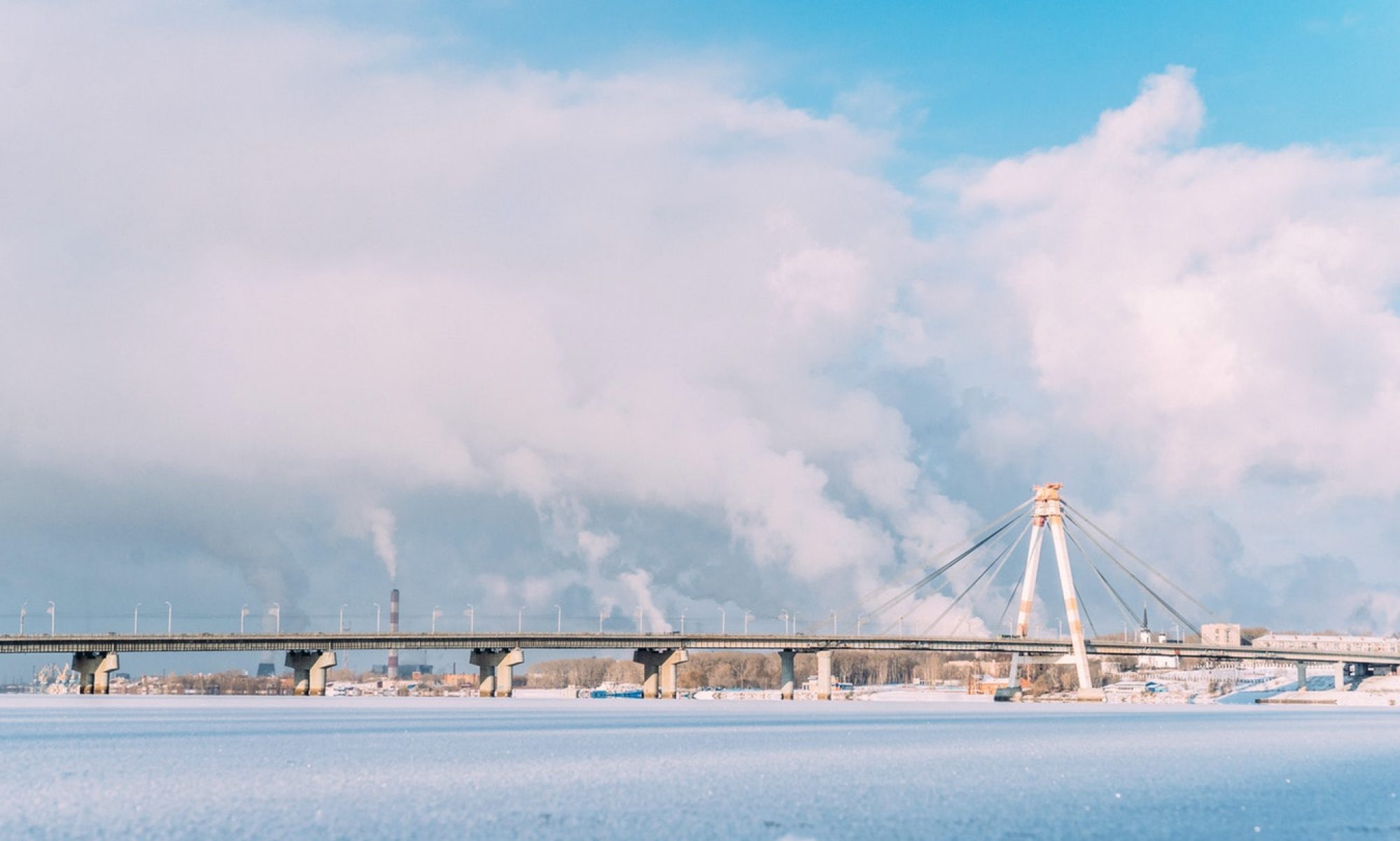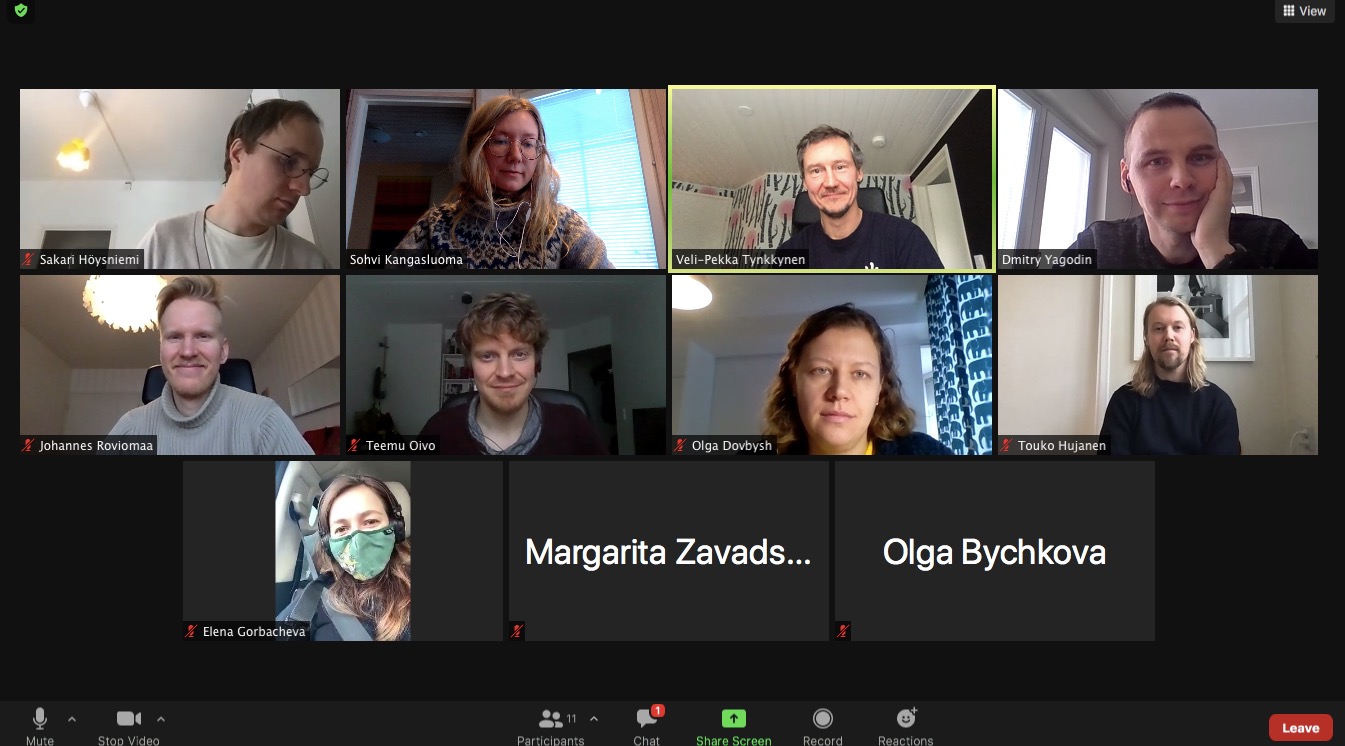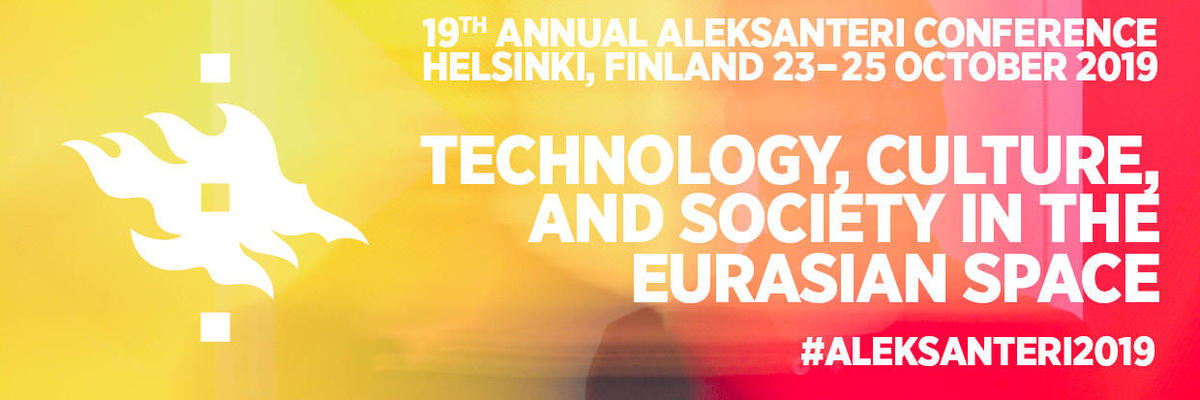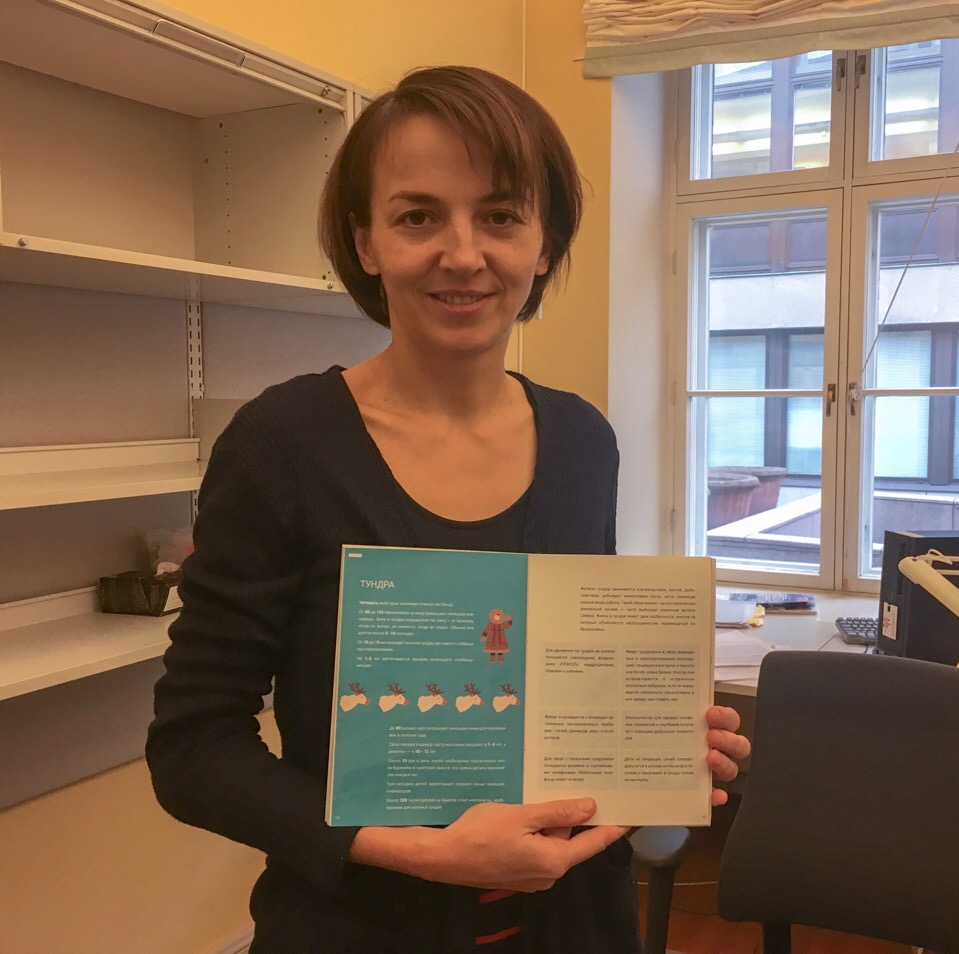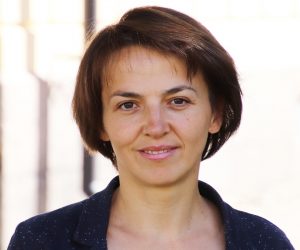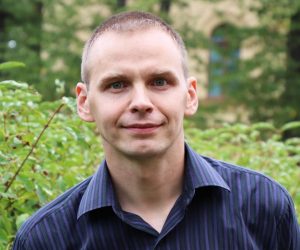On 21st of January the members of the new Flowision project had the first meeting. The researchers and the journalists discussed the plans for the next 4 years that the project will be running. An ambitious endeavor like this requires a lot of planning and cooperation, but with such an amazing team we feel that everything is possible. Make sure to follow the development of Flowision in this blog and the project’s social media.
Veli-Pekka Tynkkynen has been promoted to full professor
Our research group leader Veli-Pekka Tynkkynen has been awarded a full professorship by the Rector of Helsinki University. From the 1st of January 2021, Tynkkynen’s position will be Professor in Russian Environmental Studies.
“Rehtori on päättänyt tiedekunnan esityksen mukaisesti, että apulaisprofessori (associate professor) Veli-Pekka Tynkkynen vakinaistetaan Venäjän ympäristöpolitiikan professorin tehtävään 1.1.2021 alkaen.” @helsinkiuni @Aleksanteri_UH #Venäjä #ympäristö #Energia
— Veli-Pekka Tynkkynen (@VPTynkkynen) September 9, 2020
Congratulations, Veli-Pekka, on this significant and well-deserved milestone!
Hilma Salonen defended her PhD
Today our Hilma Salonen has defended her doctoral dissertation “Russian Renewable Energy Politics in the Arctic: National Priorities and Local Realities”. The Opponent was professor Greg Poelzer, University of Saskatchewan, and the Custos was professor Janne Hukkinen, University of Helsinki. Due to the travel restrictions, the Opponent took part in the defense online.
The Russian Arctic is known of its vastness of space, unrelenting weather and
natural resources. Renewable energy, however, is rarely linked with developing the
country’s Arctic regions. This dissertation explores what kind of importance could
de-centralized energy sources have in a setting dominated by fossil fuel revenues.
Initiatives launched by private actors are mainly absent in the Russian Arctic, but
this does not mean that the local level does not have agency of its own, nor does it
rule out interesting side trajectories developed in the regions. This study examines
these issues with the help of three case studies, which explore (i) the key priorities
of national renewable energy policies, (ii) the enabling and restricting factors behind
the use of biomass for energy in Arkhangelsk, and (iii) the relation between existing
power structures and new energy projects in the Republic of Sakha.In addition to increasing knowledge on renewable energy use in the Russian Arctic
regions, this study contributes to the theoretical discussions on public justification,
sociotechnical (energy) transitions and the multi-level perspective approach, and
carbon lock-ins. With the help of these theoretical concepts, it is possible to analyze
Russian energy politics not only as a special case but as a part of a bigger continuum of
sociotechnical transitions. Since literature on energy transitions has mainly discussed
transition cases in market-led, energy-importing countries, evaluating its key notions
in the context of the Russian Arctic offers new viewpoints on their adaptability.The results of this dissertation state that the Russian official discourse promoting
renewable energy use favors concrete, technical objectives at the expense of a more
ambitious long-term vision. Various lock-ins restrict the possibility of alternative
energy forms to develop, and while new actors work alone, existing lock-ins
reinforce each other. However, even the current situation holds many possibilities for
alternative practices to find niches and develop. Energy policy-making and regional
development are neither top-down nor bottom-up affairs, but instead happen in a
dynamic interaction between local, regional, and national actors — despite the highly
centralized character of the current political system. These realities offer possibilities
for renewable energy projects to take root in the Russian Arctic, albeit as a part of the
great power politics related to fossil fuel exports.
Professor Poelzer highly praised Salonen’s work for its findings, methodological and theoretical approaches. He called it a “model case of how to do hard research work”. “She’s done masterful work in laying a new foundation in theoretical understanding of energy transitions”. Professor Poelzer especially praised the introduction part of the dissertation – «the part of the dissertation I returned to again and again is the introduction. It’s one of the best introductions I’ve read in 20 years.”. The Opponent called Hilma Salonen one of the most honest scholars he knows and a scholar he wants to follow for years to come. He encouraged Hilma to continue her research in the future and suggested, that the next step could be to compare the two cases she had in her PhD – Arkhangelsk oblast and Sakha republic. Profesor Poelzer thinks that what Hilma Salonen found in her research can help us better understand the differences in energy transitions, energy governance, and approaches to renewable energy in different contexts, like, for example, the Nordic countries. In his concluding remarks, the Opponent said that the dissertation is an example of how good social science research should be conducted and proposed that the dissertation is accepted.
Our research group is very proud of brilliant Hilma Salonen and congratulates her on successful defense!
Karoliina Hurri for Through the Looking Glass
This year our Doctoral candidate Sohvi Kangasluoma together with her fellow PhD student Maija Greis started a blog “Through the Looking Glass“, where they bring to the light stories and experiences of women in Academia.
Today they published an inspiring interview with another Doctoral candidate from our research group Karoliina Hurri. Karoliina spoke about many important issues in her interview, ranging from how she got interested in her topic to what coronavirus crisis can teach us about climate change mitigation.
Read the interview in the “Through the Looking Glass” blog, and follow the project on Twitter and Instagram.
Our next interview is by PhD candidate @HurriKaroliina Go and read her thoughts about doing research, climate change and corona 🌍💙https://t.co/BMPZojBrGg pic.twitter.com/mRTtDxFR7X
— Through the Looking Glass (@AliceTheGlass) April 14, 2020
Aleksanteri Conference 2019
Tomorrow starts 3-day Aleksanteri Conference 2019 “Technology, Culture, and Society in the Eurasian Space”, and this year again several researchers from our team are participating in it.
Here are the panels where you can see the members of our team:
23.10, 17:15-18:45 2F: Cultural Technologies of the Production of ‘Nature’ panel, Alla Bolotova will present a paper “Zoned Perception of the Environment in Industrialized Russian Arctic: ‘Nature’ vs. ‘Natural Recources'”.
24.10, 11:00-12:30 Alla Bolotova and Elena Gorbacheva talk about “Recycling Initiatives of Youth in Industrial Cities in the Russian Arctic: Environmentally Responsible Behaviour in the Absence of Structural Opportunities” at the “4C: Prospects for Green Growth in Russia” panel.
Dmitry Yagodin at the same time will be discussant at the “4A: Russian Information Influence and Democracy in Europe” panel.
25.10, 14:00-15:30, Dmitry Yagodin will chair and be discussant at the “7F: Online Activism” panel and Francesco Durante will chair the “7C: New Social Policy and Governance in Russia: Research and Practice” panel.
More information can be found on the conference website.
Jussi Huotari moved to a new position as project manager at the “Barents Region Transportation and Logistics, BRTL” project
A member of our research group, PhD candidate Jussi Huotari was selected as project manager to Kolarctic CBC funded “Barents Region Transportation and Logistics, BRTL” project. The BRTL project focuses on producing and analysing timely information on the development of transportation corridors and logistical solutions from the regional perspective. It ponders around questions such as what is regional preparedness to adapt state-level climate targets and development of intelligent transport systems (ITS).
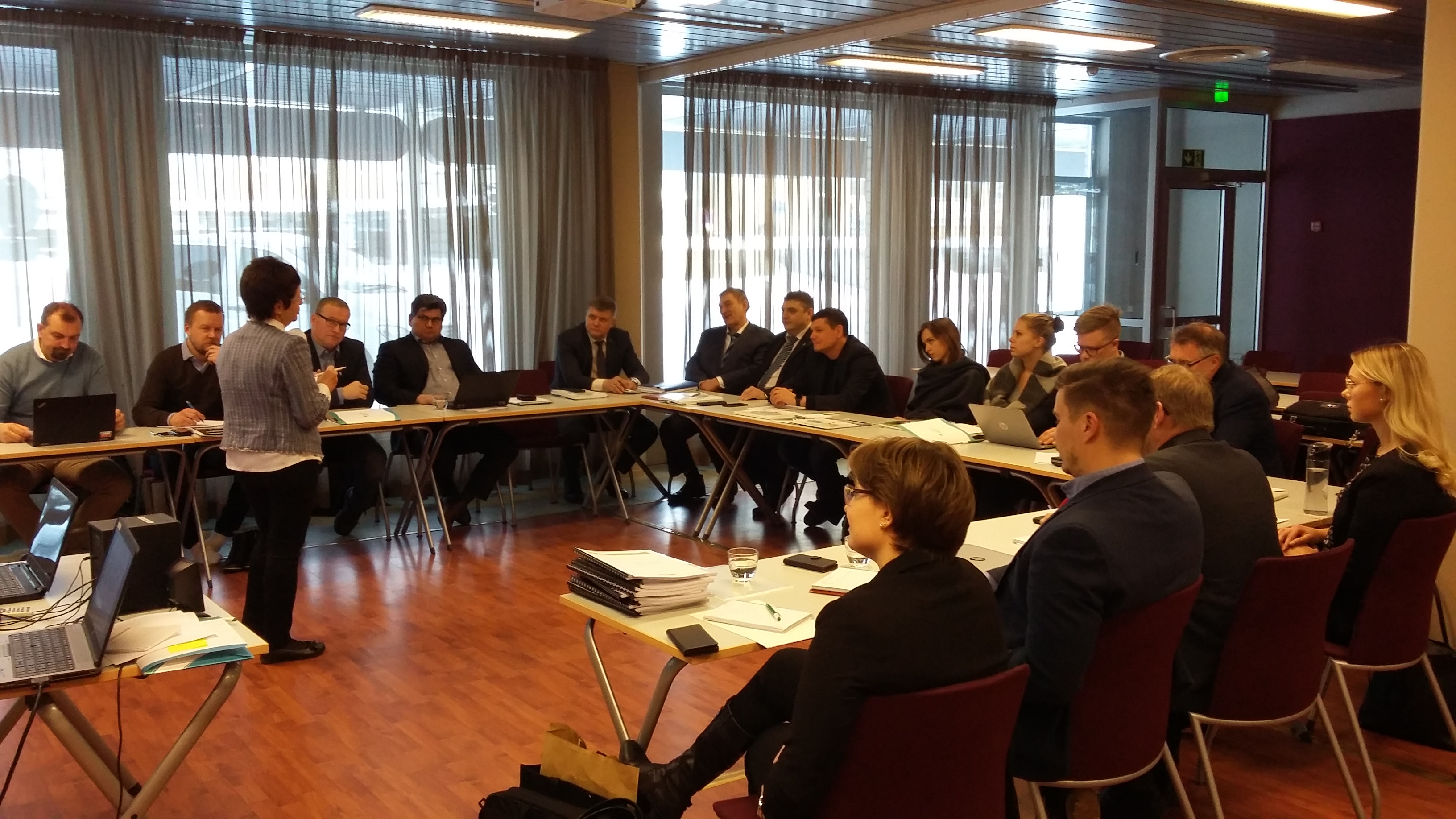
This is challenging but yet highly interesting project” says Huotari, “since we have 13 partner organizations from all four Barents region countries involved in the project, interests are multiple and diversified. On the other hand, the BRTL is a good test for Barents cooperation, particularly now when several states have announced ambitious climate policy goals, but the capacity and willingness to implement national climate targets in the regions varies a lot. As a project manager my goal is also to increase cooperation and dialogue between academia and public policy institutions since there is a strong demand for information in the regions. I also believe that fostering this kind of dialogue would benefit both regional authorities and universities. The project brings added value to my own research as it brings me closer to political processes at the practical level.
More information about the BRTL project.
Alla Bolotova on the Interactive map of Arctic: People and infrastructure project
Last Friday, on 17th of November, Alla Bolotova participated in the presentation of the results of the project “Интерактивная карта Арктики: Люди и инфраструктура” (Interactive map of Arctic: People and infrastructure) at the 11th Exhibition of the Academic Research Achievements (VDNKh) of the European University at St. Petersburg. Last year EUSP’s Center for Science and Technology Studies, Center for Arctic Social Studies, and ENERPO Research Centre received Presidential Grant for this project and started working on it in February 2018. Last week the website InterArctic has been launched. Alla and two other anthropologists from the Center for Arctic Social Studies have been working in the project team, which all together consisted of 10 people, and she told more about this work for our blog.
Continue reading “Alla Bolotova on the Interactive map of Arctic: People and infrastructure project”
Two new members in our team
Our research group is getting bigger than ever – we are glad to introduce you two new researchers who are starting to work in our group today. Please, meet doctoral student Francesco Durante and master student Lauri Lähteenmäki. Francesco has joined the AUCAM project, and Lauri will write his MA thesis for the Winland project.
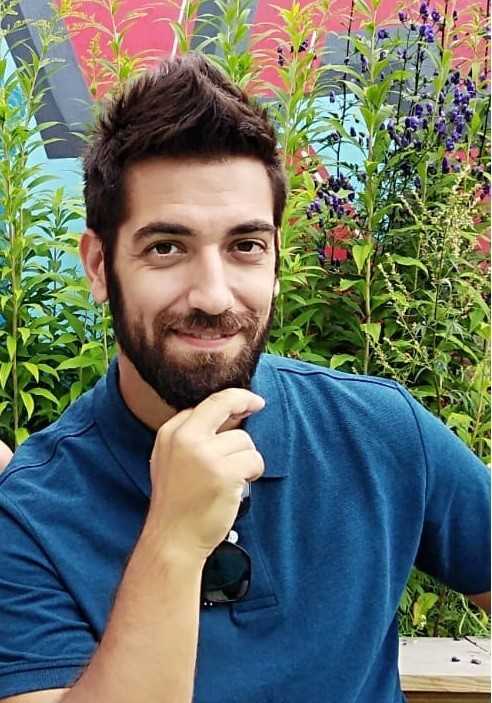

Get to know Francesco and Lauri
Continue reading “Two new members in our team”
Two new doctoral students in our research group
This year our team has expended significantly – in addition to the new postdocs Alla and Dima, we also welcomed two doctoral students this summer, Karoliina Hurri and Sohvi Kangasluoma. Karollina is researching China’s geopolitical identity and climate change discourse in the global climate governance, and Sohvi is working in the AUCAM project. Let us introduce these two promising researchers to you.
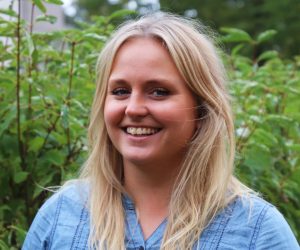
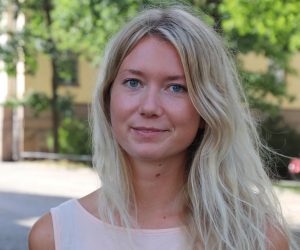
Interview with Karoliina and Sohvi
Continue reading “Two new doctoral students in our research group”
Two new postdocs in our research team
This summer two new postdoctoral researchers have joined our Research group on the Russian environment. Alla Bolotova is taking part in the Wollie project, and Dmitry Yagodin researches the role of journalism and media in climate change discourse in Russia. We are delighted that these two excellent experts became a valuable addition to our group and would like to introduce them to you.
